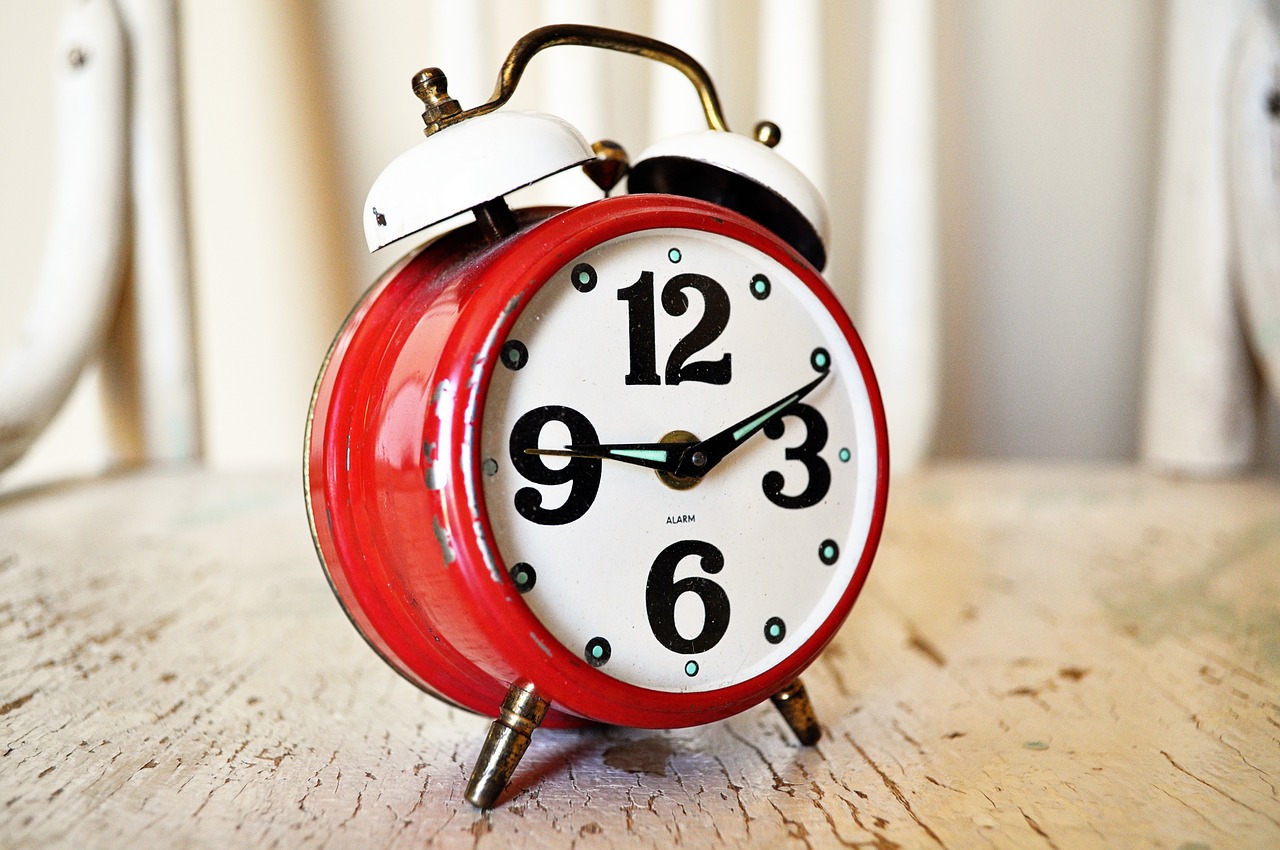Health & Fitness
How Sleep Deprivation Affects Men
There’s no question that men and women face different challenges when it comes to health, and sleep is no different. Although sleep deprivation significantly impacts overall health and well-being for everyone, research indicates that men may actually be more susceptible to the negative effects of sleep deprivation than women.
From heart disease to lower sex drive, here are some of the ways that not getting enough sleep affects men:
Heart Disease
Sleep deprivation and poor quality sleep can increase your risk of developing cardiovascular and coronary heart disease, even if you are otherwise healthy.
Doctors believe this is because not getting enough sleep worsens existing health problems and causes problems with inflammation, glucose metabolism, and blood pressure. According to research with sleep apnea patients, a lack of sleep prevents the release of certain chemicals that ensure your heart rate and blood pressure stay lowered for extended periods. Ultimately, this contributes to high blood pressure, which is a significant factor in heart disease, heart attacks, and stroke.
Even if you don’t have an underlying condition like diabetes or sleep apnea that affects your sleep, and sleep deprivation is due to a changing work schedule, stress, or other factors, the effect on the heart can be significant. And given that heart disease is the number one killer of men in the U.S., contributing to one in every four male deaths, we should all make getting enough sleep a priority.
Lower Sex Drive
Not getting enough sleep doesn’t just hurt your heart, it can torpedo your sex drive as well. Researchers from the University of Chicago found that men who get less than five hours of sleep per night have significantly lower levels of testosterone than men who got more sleep. And it’s not just among older men who experience natural declines in testosterone, either.
Scientists have discovered that men as young as 24 years old had lower testosterone levels after just a week of reduced sleep. These lower T-levels will all but eliminate your libido, and with every day that you don’t get any sleep, your desire for sex will decrease.
And not only does a lack of sleep make you less interested in sex, it also reduces your fertility. A Danish study found sleep deprived men had 25 percent fewer sperm than men who are well-rested. Basically, if you are trying to start a family, getting enough sleep needs to be a priority.
Weight Gain
Maintaining healthy levels of testosterone doesn’t just affect your sex drive. The hormone is responsible for a significant portion of a man’s overall health, largely because it influences energy level. In short, men with lower testosterone levels tend to have less energy overall, for sex or any other activity, that often contributes to a sedentary lifestyle.
This is one explanation for why men with lower T-levels tend, on average, to have higher BMIs and weigh more than those with normal levels. This excess weight also increases the risk of heart disease and diabetes.
Reduced Brain Function
It’s probably no surprise that not getting enough sleep affects how well your brain functions. After all, we’ve all been tired and cranky after not getting enough sleep and walking around in a fog. However, chronic sleep deprivation is even more detrimental to a man’s brain than a woman’s, and in different ways.
Not getting enough sleep has a significant effect on the frontal lobe of the brain, the area that is responsible for moral reasoning, inhibition, and sensitivity to risks. When you don’t sleep, this area becomes impaired, making it harder to make good decisions, use good judgment, and understand social cues. Some researchers have even compared the effect of no sleep on a man’s brain to that of being intoxicated.
How Men Can Get Better Sleep
These are just a few of the ways that sleep deprivation can affect a man, but how can you improve your sleep quality if you are struggling to get adequate sleep?
Some of the ways to improve sleep include:
- Maintain a consistent schedule. Go to bed and wake up at the same time every day, and aim to get 7-9 hours of shuteye every night.
- Create an environment conducive to sleeping. Ideally, your room should be dark and cool (60-70 degrees), and quiet for sleeping.
- Turn off the blue lights. Blue light from your television, phone, or computer is proven to disturb sleep. Turn off all of your devices at least an hour before going to sleep and focus on relaxation instead.
- Avoid naps in the afternoon.
- Avoid heavy meals, caffeine, and alcohol in the evening.
- Exercise. Getting at least 30 minutes a day of physical activity will improve your sleep.
- Invest in a more comfortable bed. If your mattress is old (most are designed to last up to 10 years) or uncomfortable, buy a new model to encourage better sleep. The same goes for your pillows.
- Try a weighted blanket.
- See your doctor. If you are struggling to sleep more often than not, or you aren’t getting restful sleep, see your doctor to determine whether you have a sleep disorder, such as sleep apnea, that’s keeping you awake.
Getting enough sleep is important to your physical, mental, and sexual health. Don’t ignore sleep problems or accept sleep deprivation as a part of life. When you get enough sleep, you’ll feel better and live healthier.

















Recent Comments